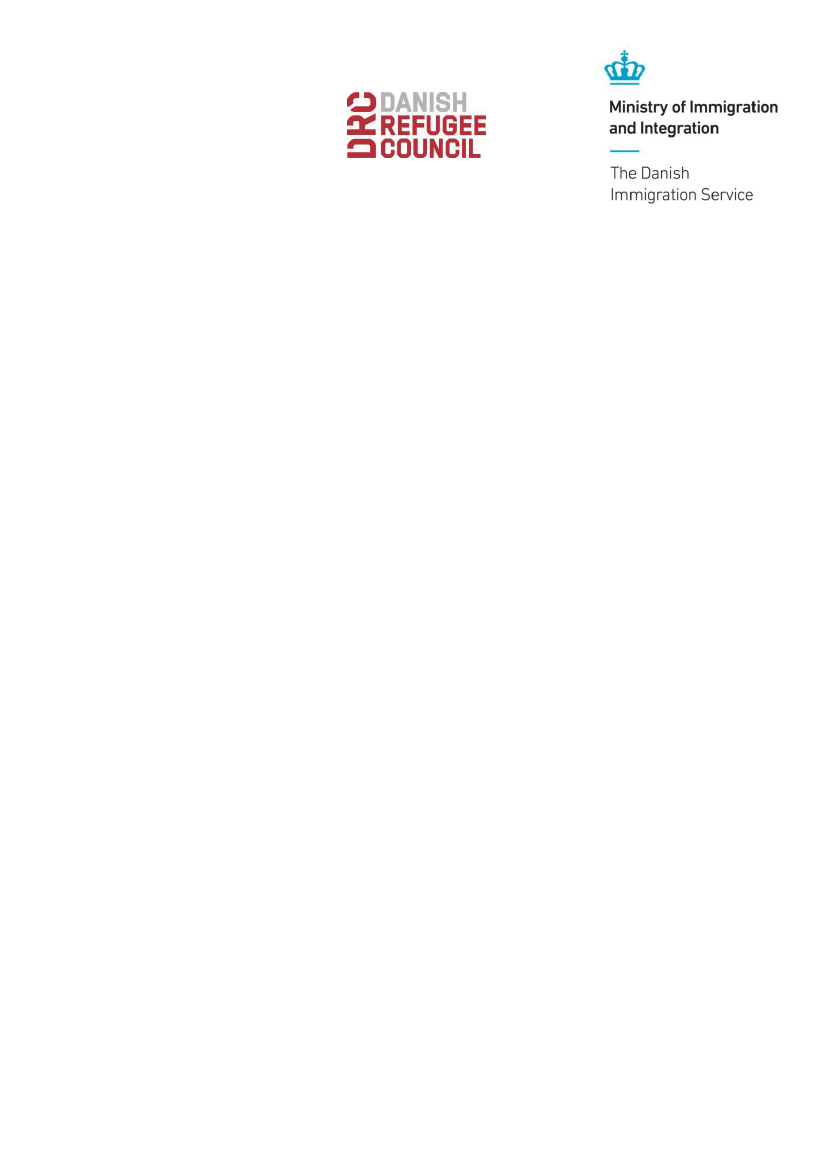
5/2017
SYRIA
Recruitment Practices in Government-controlled Areas and in
Areas under Opposition Control, Involvement of Public Servants
and Civilians in the Armed Conflict and Issues Related to Exiting
Syria
Report based on interviews in Beirut, Lebanon and Amman, Jordan, 26 March to
5 April 2017
Copenhagen, July 2017
Danish Immigration Service
Ryesgade 53
2100 Copenhagen Ø
Phone: 00 45 35 36 66 00
Web: www.newtodenmark.dk
Email: [email protected]